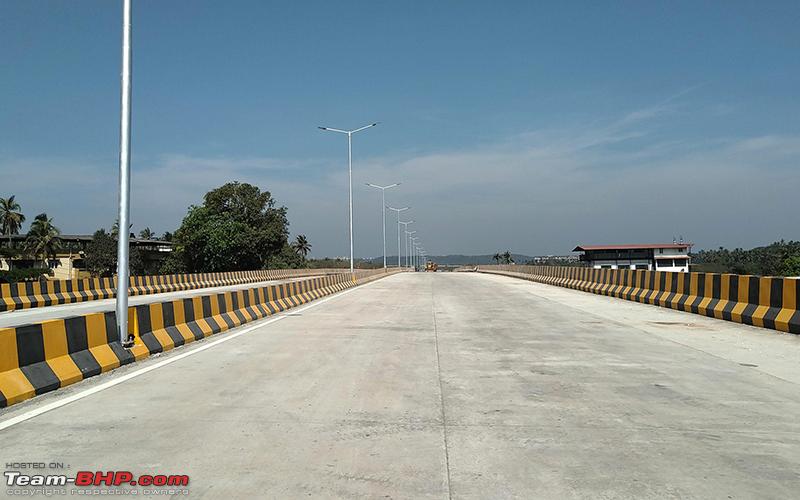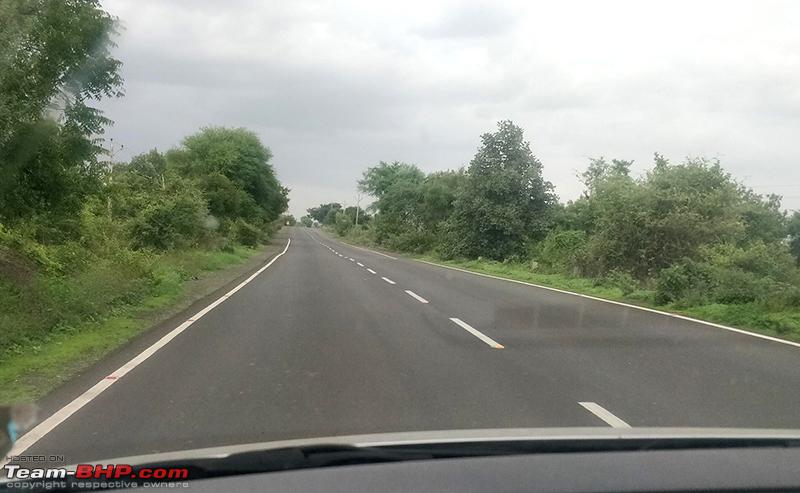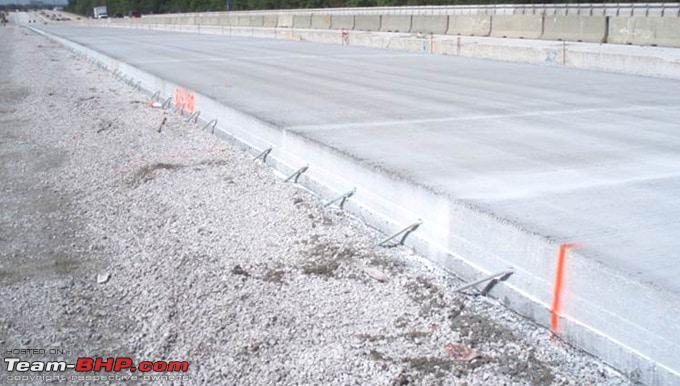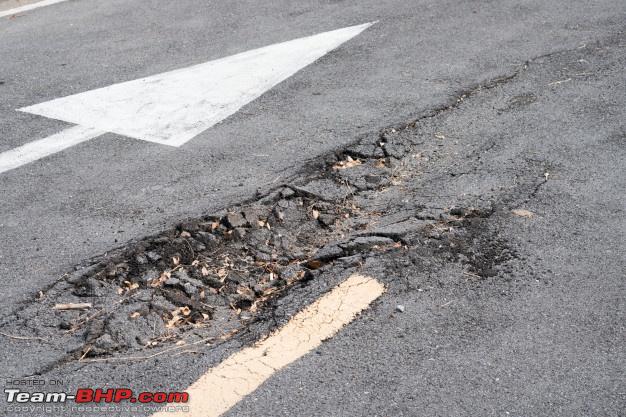News
Concrete Roads vs Asphalt Roads | Understanding pros & cons
Most driving enthusiasts prefer asphalt, but the government seems determined to convert as many roads as possible to concrete.
The first concrete road in India is said to have been built by the British in Chennai in 1914.
Today, we are seeing a lot of arterial roads converted from asphalt to concrete roads. Most driving enthusiasts prefer asphalt, but the government seems determined to convert as many roads as possible to concrete.
Concrete Roads
Made of aggregates (crushed rock, sand & gravel), cement and water. Often reinforced with steel bars within the concrete.

Advantages
- Concrete roads have a lifespan of between 20 to 40 years, which is two to four times longer than asphalt
- Since concrete roads handle weight well by being less prone to dips & rutting, they are better suited to roads with high truck volume
- As there are lower chances of potholes forming, traffic flows smoother, and it's safer for motorists too
- Vehicles have been tested to return between 1-7% better fuel efficiency on concrete roads, since the road doesn't deflect as much under weight
- Production of concrete roads is a relatively more environment friendly process
- These roads do not get weakened or damaged by oil leaks, unlike asphalt
- Concrete is more resistant to the freeze-thaw cycle and can hence be used in cold temperatures
- Can be considered recyclable, to the extent that the old concrete road slabs can be ground up and used as gravel
Disadvantages
- Repairing concrete is a pain. Holes and cracks can't be patched. Entire slabs need to be re-worked
- It costs more and takes longer than asphalt for both construction as well as repair
- Concrete roads result in a bumpy drive, as slab levels can differ slightly and expansion joints are felt too. Worse if you have a car with a harsh ride
- Texture is brushed onto the surface of the concrete, so in addition to the rhythmic bumping of the slab joints, this also creates a lot more road noise
- These roads don't offer as much grip as asphalt does. Vehicles are likely to lose traction slightly sooner on concrete
- Due to improper laying of the roads, some concrete roads have wide longitudinal joints between slabs. This has become extremely dangerous for two-wheelers
- Harsh reflectivity of concrete roads can make driving on them a strain on the eyes on extremely sunny days
- The surface does not absorb spills, chemicals and other pollutants like asphalt does
- In winter and rainy conditions snow does not melt as fast and water does not evaporate as quickly due to its lower heat absorption
Asphalt Roads
Made up of aggregates (crushed rock, sand & gravel), binder (bitumen) and filler.

Advantages
- Asphalt roads are cheaper to build and the entire process takes less time
- It is easier to repair and maintain them as well, since they can be repaired in patches
- The road surface offers better traction and skid resistance than concrete roads, thus making them safer in certain dynamic situations
- Driving on asphalt roads generates less road noise and is much quieter than concrete roads
- Higher heat absorption helps snow melt faster and moisture evaporate faster
- Asphalt is also recyclable, as it can be melted down and re-used for road surfacing
Disadvantages
- Asphalt roads have a 10-year lifespan, so they need to be re-laid or repaired more regularly than concrete roads
- Heavy rains can cause significant damage to the road surface, which is something we have all witnessed during the monsoons
- Oil leaks on the road eventually weaken the binding agent in the asphalt, making the paving softer and more prone to damage
- Melting asphalt during the construction stage emits greenhouse gases. It causes more pollution while building when compared to concrete roads
- In harsh winters the freeze-thaw cycle can destroy asphalt roads. They road becomes less flexible and more brittle in cold weather
A closer look at the section of a concrete slab. Note the thickness of the slab, and the reinforcing steel bars:

One of the main reasons why the government is shifting to concrete roads - longevity and lower chances of potholes:

Most driving enthusiasts love the look & feel of perfectly smooth black-top. However, do you think the advantages of having concrete roads outweigh the advantages of asphalt roads?
Check out BHPian comments for more insights and information.















_0.jpg)






